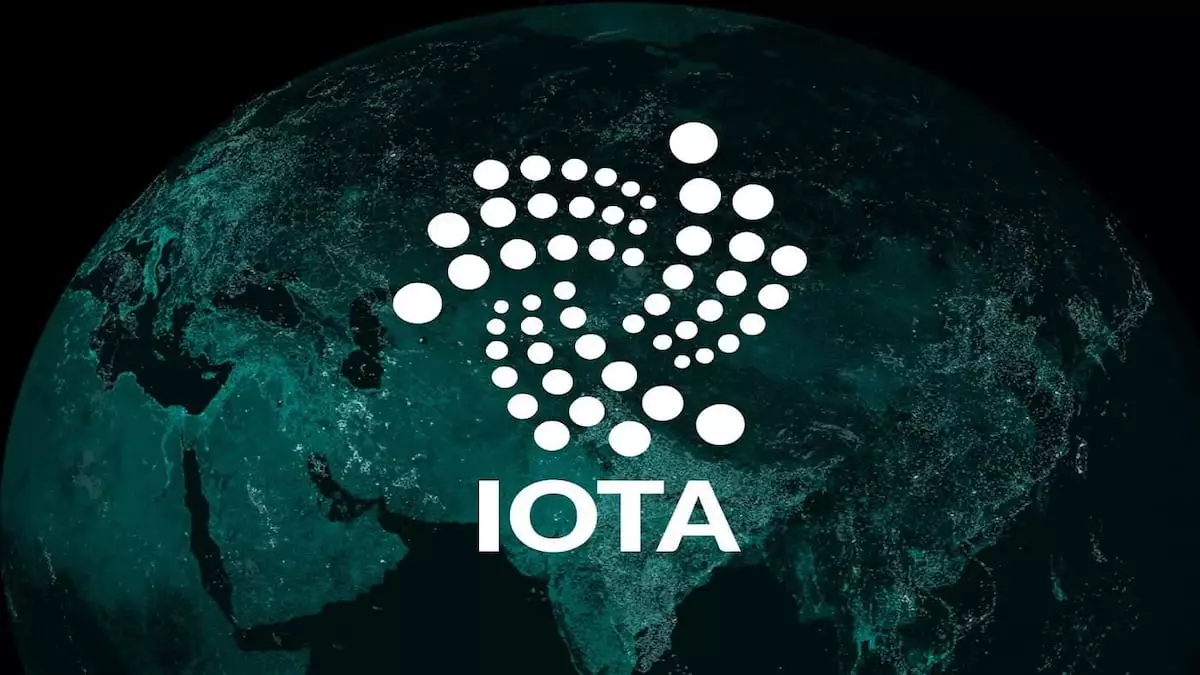The IOTA Foundation’s Web3 Identification Solution has been selected for the European Blockchain Sandbox program, marking a significant advancement in the realm of Know-Your-Customer (KYC) procedures and privacy within the Web3 space. This decision underscores the importance of addressing regulatory considerations surrounding KYC and privacy, especially as decentralized finance (DeFi) continues to gain traction and attention from regulators.
Launched by the European Commission in 2023, the European Blockchain Sandbox serves as a controlled environment for testing and validating new distributed ledger technology (DLT) solutions. The program aims to foster collaboration with regulators across the EU, providing a supportive framework for evaluating innovative projects. Each cohort, consisting of a maximum of 20 projects, is chosen based on factors such as maturity, legal and regulatory relevance, and alignment with the EU’s policy priorities.
The IOTA Foundation, in collaboration with walt.id, IDnow, Bloom Wallet, and HAVN, has developed the Web3 Identification Solution to modernize traditional KYC procedures. This innovative solution leverages DLT and tokenization to offer a more streamlined, secure, and privacy-centric approach to verifying identities. The process begins with remote verification by IDnow, a reputable identity verification platform in Europe that complies with EU Anti-Money Laundering (AML) and KYC regulations.
After verification, the user’s identity data is encrypted through walt.id and stored as a soulbound token within the Bloom Wallet. This token can be used on various Web3 applications to authenticate the user’s identity without exposing personal details, thereby enhancing security and giving users greater control over their private data. The HAVN Network provides an EVM-compatible KYC chain architecture connected to the Shimmer network, ensuring compliance with regulations and enabling seamless interchain communication and transaction validation.
Being selected for the European Blockchain Sandbox is a major achievement for IOTA’s Web3 Identification Solution, as it opens up important dialogues on regulatory considerations regarding KYC and privacy in the Web3 space. This progress holds particular significance as DeFi becomes a focal point for regulators. By tokenizing and securely storing identity data, the solution enables a smooth and reusable KYC process, reducing the need for redundant verifications and improving user satisfaction.
This initiative aligns with broader European efforts to enhance digital identity verification, such as the European Digital Identity (EUDI) regulation set to come into effect in May 2023. This regulation mandates member states to offer at least one EU digital identity wallet to all residents or citizens by 2026, aiming to securely sign and store various documents digitally. The Web3 Identification Solution contributes to this goal by providing a more efficient and secure method of identity verification.
Aside from the Web3 Identification Solution, the IOTA ecosystem has partnered with Pyth Network to integrate oracle services into the IOTA EVM. This collaboration enhances data accuracy and protection for decentralized exchanges (DEXs), lending protocols, and derivatives platforms. With Pyth Network providing real-time price updates multiple times per second, their services benefit over 300 applications and 50 blockchains, ensuring access to reliable data.
IOTA’s Web3 Identification Solution exemplifies the industry’s current focus on establishing robust digital identity solutions in an increasingly digital world. Projects like the Open Network’s palm scanning technology, which rewards individuals with Toncoin (TON) tokens for verifying their identity, further underscore this trend. The implementation of IOTA’s solution in the European Blockchain Sandbox showcases the innovative approach of the IOTA Foundation and its partners in transforming identity verification for the Web3 space.
As the industry progresses, solutions like IOTA’s Web3 Identification Solution will play a crucial role in shaping the future of digital identity verification and regulatory compliance. By prioritizing user privacy and security, these innovative approaches pave the way for a more secure and efficient ecosystem in online transactions. The recognition and adoption of such solutions highlight the industry’s commitment to promoting innovation and collaboration in the evolving landscape of Web3 technology.
















Leave a Reply